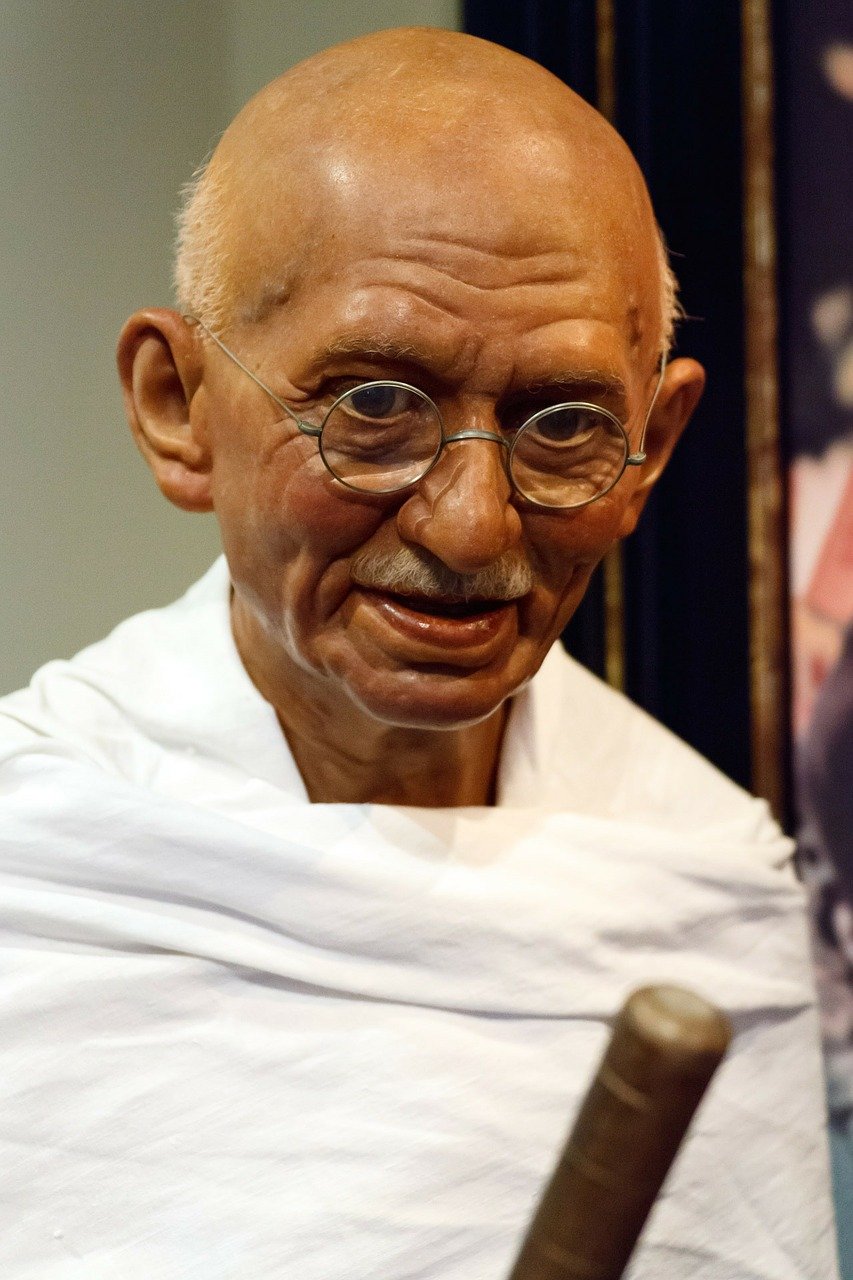Mohandas Gandhi, known as the Mahatma, was a pivotal figure in India's struggle for independence. His teachings on nonviolence and civil disobedience inspired movements worldwide. However, his life and legacy are more complex than many realize, revealing a man who was both revered and controversial. This article delves into the events surrounding his assassination, his views on unity, and the sometimes troubling aspects of his life.
Gandhi's Assassination: A Nation in Shock
On January 30, 1948, Mohandas Gandhi was assassinated on his way to a prayer meeting in New Delhi. This tragic event shocked India, which had just gained independence from British rule less than a year prior. The 78-year-old leader was widely celebrated for his role in the independence movement, but his death left many feeling lost and bewildered about the future of the nation.
His assassin, Nathuram Godse, was motivated by Gandhi's advocacy for Hindu-Muslim unity, which angered many extremists. Just days before the assassination, a bomb was detonated at one of Gandhi's prayer meetings, highlighting the tensions that surrounded him. Gandhi had implored his followers to reject violence, stating, "Don't do this. The Hindu religion is not going to be saved by such acts."
Public Reaction and Immediate Aftermath
The news of Gandhi's assassination led to widespread riots and unrest across India. People were devastated and outraged, leading to violent clashes between communities. The government quickly acted, and Godse, along with his accomplices, was arrested and later executed for the crime.
Gandhi's death marked a significant turning point in Indian history, forcing the country to confront its divisions and the principles he stood for. His vision of a united India was now in jeopardy, and the struggle for peace and harmony would become even more critical in the years to follow.
Gandhi's Philosophy of Unity: A Double-Edged Sword
Gandhi was often referred to as "Mahatma," meaning "great soul," and was deeply admired for his nonviolent approach to political activism. His teachings emphasized unity among all Indians, regardless of their religion or background. However, not everyone embraced his philosophy, and his views faced severe criticism.
Many Hindus saw Gandhi's calls for reconciliation with Muslims as a betrayal. Godse and others believed that Gandhi's actions undermined Hindu interests and sovereignty. This division reveals the complexities within Gandhi's legacy, highlighting that while he sought peace, he faced significant opposition from those who felt threatened by his vision.
The Challenges of Gandhi's Vision
Despite his efforts, Gandhi's ideology was not universally accepted. His belief in nonviolence and unity was met with resistance, even from his own community. The extremist reaction to his calls for peace ultimately culminated in his assassination, raising important questions about the feasibility of his ideals in a deeply divided society.
Gandhi's life illustrates the challenges of advocating for unity in times of conflict. His legacy is a reminder that the pursuit of peace often comes with great risk, and that true harmony requires the commitment of all parties involved.
Revisiting Gandhi's Legacy: A Complex Historical Figure
As we reflect on Gandhi's life, it's essential to confront the more troubling aspects of his legacy. Recent scholarship has raised questions about his views on race and gender, as well as his sometimes controversial personal life. Biographers have documented instances where Gandhi's actions contradicted his public persona as a moral leader.
For example, some accounts suggest that Gandhi engaged in questionable practices regarding his interactions with young women, raising ethical concerns about his behavior. Additionally, his views on race, particularly during his time in South Africa, have been criticized for being racially biased.
Understanding the Duality of Gandhi
Gandhi's complexities demonstrate that even great leaders can have flaws. His commitment to nonviolence and justice coexisted with personal contradictions that challenge the idealized image many hold. Understanding Gandhi requires recognizing both his contributions and his shortcomings, allowing for a more nuanced view of his legacy.
As we study Gandhi's life, we gain valuable insights into the nature of leadership, the struggle for justice, and the importance of empathy and understanding across divides. His story serves as a powerful reminder that the path to peace is often fraught with challenges, yet remains a goal worth striving for.
The Final Days: A Nation's Mourning
The night Gandhi was assassinated, Prime Minister Jawaharlal Nehru addressed the nation, announcing the tragic news. The overwhelming grief felt by millions was palpable, as people poured into the streets, desperate to pay their respects. Gandhi's body was cremated the following day, but the impact of his death resonated long after.
People from all walks of life gathered outside Birla House to catch a final glimpse of the beloved leader. Reports indicated that the streets became congested as crowds surged forward, illustrating the profound connection Gandhi had with the Indian populace. His assassination led to a national reckoning with the ideals of peace and nonviolence he championed throughout his life.
Long-Lasting Impact
Gandhi's legacy continues to influence movements for justice, equality, and peace around the world. His teachings inspire countless activists and leaders who strive for change through nonviolent means. While his life was cut short, his message remains alive, urging future generations to seek understanding and reconciliation.
Today, as we reflect on the life and legacy of Mohandas Gandhi, we are reminded of the power of compassion, the necessity of dialogue, and the enduring human spirit that seeks unity despite differences. His story encourages us to continue the fight for peace, understanding, and justice in our communities and the world.
Unveiling The Life And Career Of Adam Levine: A Journey Through Music And Television
Celebrating The Life And Legacy Of Liam Payne: A Loving Father And Music Icon
Discover The Life And Adventures Of Marco Polo: The Legendary Explorer


